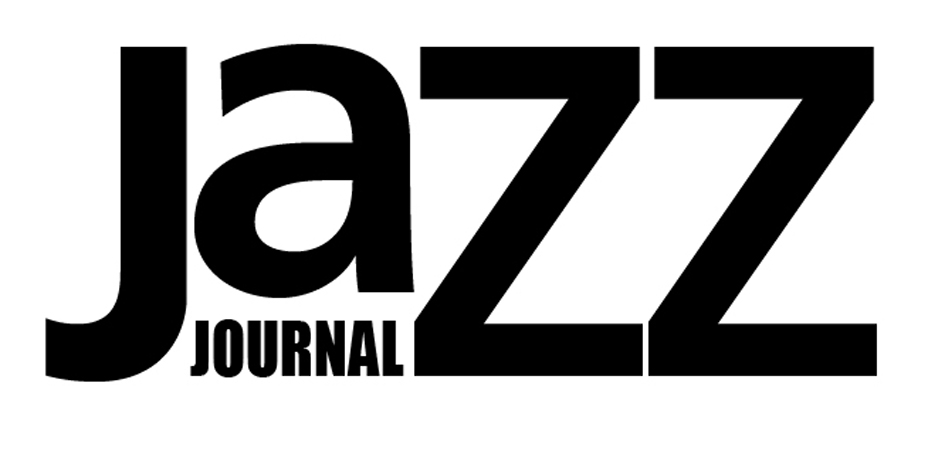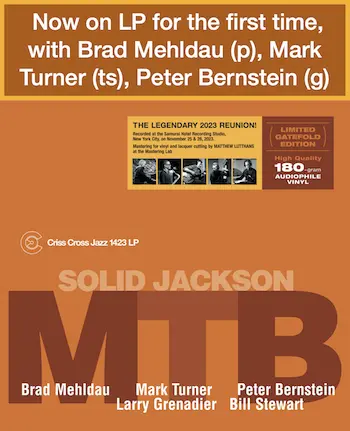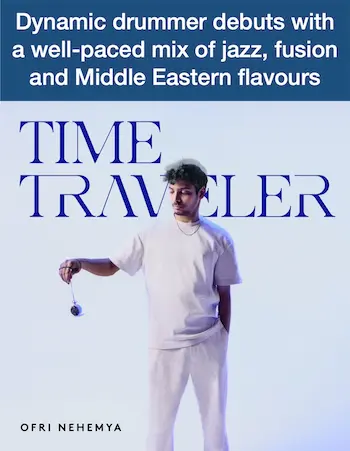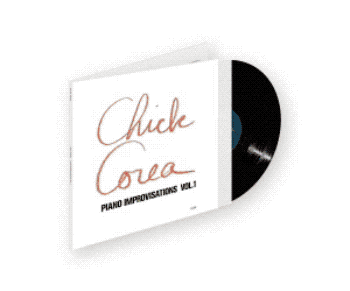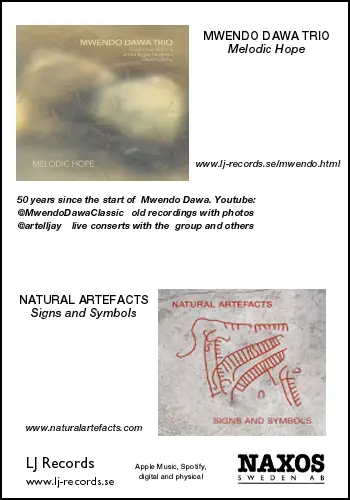Gato Barbieri: Standards 2 (Red Records RRCD 1233482)
By the time this album was recorded in Rome in the spring of 1968 the Argentinian Barbieri had already made something of a case for the idea of jazz as an international language, not least through his contributions to Don Cherry’s Blue Note album Complete Communion. At that point in time it was clear that he was an advocate of what was then loosely marketed as the New Thing. Subsequent years witnessed him bringing things in from the cold of the New, so to speak, and with that in mind it might well have been the case that this album was an attempt at allying him more closely with the known in much the same way as John Coltrane’s Impulse album Ballads had been earlier in the decade. If indeed that was the case it could be said that the attempt was only partially successful.
On the rendition of Ornette Coleman’s Jayne Barbieri seems a little too keen to take things outside even of the stimulating harmonic parameters pianist Franco D’ Andrea provides him with, and as far as I can hear the result lacks the spark of tension and release; it sounds like the work of a musician striving for but not achieving much effect, although that negative impression is oddly somewhat offset by his work in the exchanges towards the end of the performance.
Epistrophy receives a reading which, if anything, irons out many of the characteristic “creases” of Thelonious Monk’s music, with Barbieri figuratively denying any rhythmic implications the piece might possess in his solo, an impression underlined in places by him resorting to a nominally primal scream of an order which gives the impression of being kind of sealed off from the work of the trio accompanying him.
Despite my arguably negative comments there’s still an underlying sense of intrigue in this music, the like of which might be teased out with much further listening.
Fred Frith, Shelley Burgon: The Life And Behavior (Relative Pitch RPR1202)
I’m far more familiar with Fred Frith’s work than I am with Shelley Burgon’s. I’m also far more familiar with the sonorities of the acoustic guitar than I am with those of the harp when it comes to creative improvised music, which is unquestionably what’s to be heard on this album. Of course, that ignorance makes for no kind of creative tension, but these musicians do. Frith utilises parts of the guitar other than the strings in a kind of percussive fashion and this, coupled with Burgon’s willingness to apply extended technique or the means to extract unfamiliar sounds from her instrument makes for music which not only defies even the most broad-minded expectations, but also encapsulates the seemingly ever more elusive sound of surprise.
Beauty of an only vaguely earthly strain is the order of the day on Who The Fuck You Are, and in a manner which gives the lie to the title. Far from predictably, Burgon manages to work in a quote of Fly Me To The Moon then effortlessly weaves it into the overall fabric of the music, which presumably by mutual consent she proceeds to dominate.
If the writer can be afforded a descriptive indulgence (and not run the risk of being accused of self-indulgent blathering) then Your Sweet Time is stealthily nocturnal. Each member of the duo listens deeply to the other and the result is music which can both merge with the background in some ambient way and through the power of understatement provoke a sense of intrigue sufficient to draw the listener in, a trick only infrequently caught on record and thus all the more welcome. Maps Of The Insect Kingdom is a title rife with promise, and the music lives up to that promise in the sense that the duo sounds acutely aware of the implications of silence and how it can be accommodated.
Jacqueline Kerrod, Joe Morris: Morpeth Contemporary 2024 (Relative Pitch RPR1222)
As a consequence of this album being out there the harp and guitar duo now has more points on the recording board. As with Frith and Burgon above, I’m more familiar with the work of the guitarist (Morris) than I am with that of harpist Kerrod, so there’s yet another reason to keep the sense of exploration going.
Viewed overall, there’s less of an air of pointillistic gestures about the music here. The dynamic range, together with the accommodations with near silence on the lengthy, aptly titled Jangling Travelers create the impression of a duo to whom deep listening comes naturally, particularly in view of the degree to which the outcome avoids the obvious. Indeed the dialogue around the nine-minute mark is the product of two musicians willing to abandon themselves to the passing moments in a way which it takes a lot of playing and listening to achieve.
In the case of Mirror Dance the opening of drones and barely audible scratching is the work of a duo attuned to a point well beyond what’s required in less rarefied music. Close listening reveals ample reward and highlights too how the sense of risk-taking can sometimes only be audible in such relatively unprecedented music.
Coiled Springs is at first anything but, although the tension that does follow is somewhat at odds with the other music to be heard here. As the music progresses, Kerrod works within the conventional range of her instrument as much as she does anywhere, yet in other moments she damps her strings to the point where she creates the impression of a musician very gently tinkering with the keys at the high end of a conventional piano. As ever, Morris is responsive, making for a soundscape unusual even within free improvisation.
